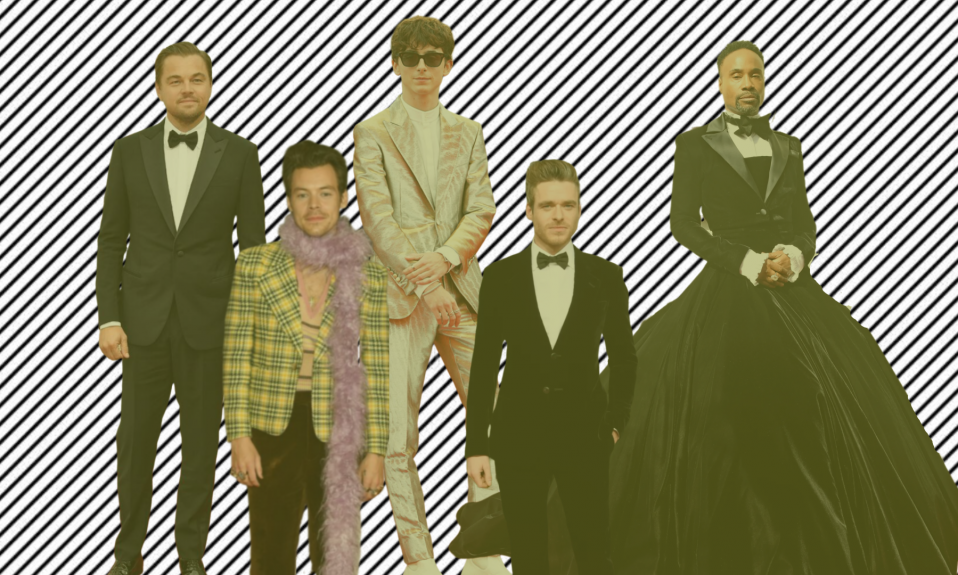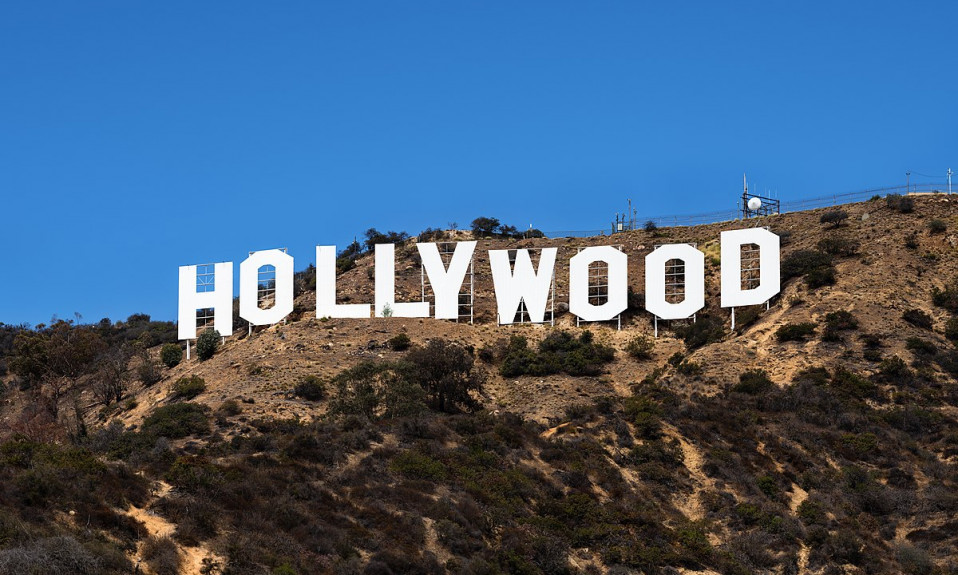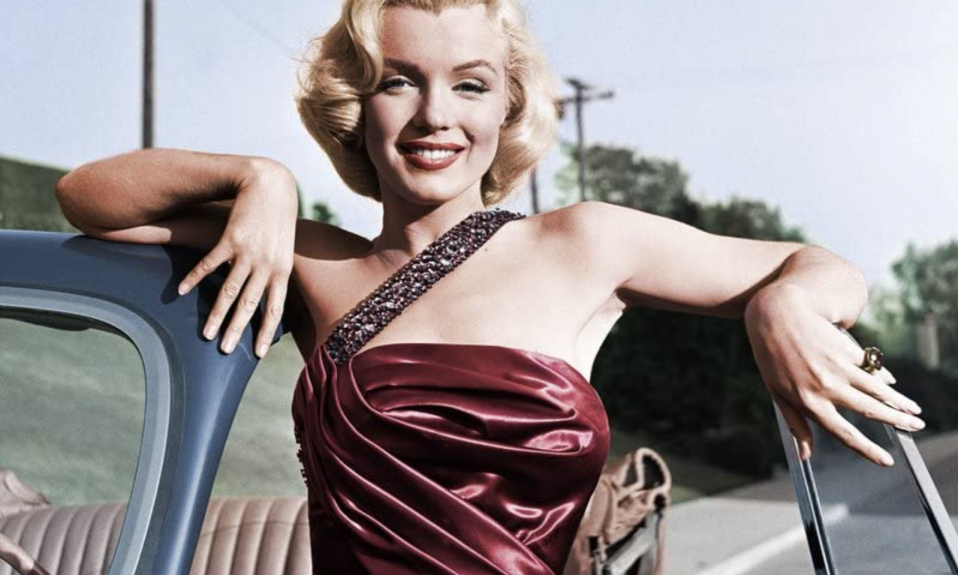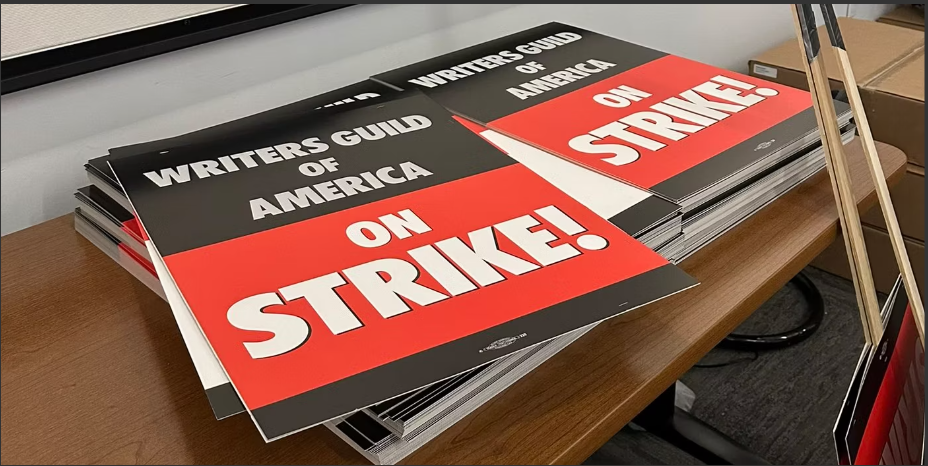ONCE EVERY FEW YEARS, the editorial sections of magazines introduce us to the “modern man”. At one time, this simply meant a man who thought his wife was a person and not an object. Then it came to mean a man who merely groomed himself and took pride in his appearance (see: the rather ridiculously titled “metrosexual”). Now it moves further still to include his politics and personality. The “modern man” must be a feminist, but not overpoweringly so. He must want to break down the social hierarchies and injustices around him and, in doing so, relegate his privilege in a way that is neither showy nor self-serving. He will talk openly about his feelings, but only when those feelings imply vulnerability, not when they might encompass murkier things such as anger or jealousy. He will be willing to stay at home with his kids, be comfortable with domestic tasks, and champion women in power. He should have a job he loves, but not one that overwhelms his life or makes him too busy. He should feel comfortable experimenting with his clothes, be willing to “push the envelope” on male fashion or, at the very least, paint his nails. He should listen to non-fiction books on Audible. He shouldn’t vape, he shouldn’t brag on social media or post any photos from his workouts, and he should be okay with his partner putting a finger in his arsehole during sex (at least, according to GQ).
All this sounds a little like Amy’s “Cool Girl” monologue from Gone Girl; an impossible set of standards that seem incredibly flattening. Of course, the images of how women “should” be are far more pervasive and often sit in relation to capitalist agendas, as chronicled well in Jia Tolentino’s 2019 essay “Always Be Optimizing”. Still, the image of the modern man is continually pushed and then pushed against, especially by conservatives who have a vested interest in tradition. Take, for example, Harry Styles wearing a dress on the cover of Vogue in November 2020, which prompted right-wing commentator Candice Owens to tweet, “no society can survive without strong men”. Yet the act also drew criticism from the progressive left and queer community, who, you might imagine, would surely celebrate the blurring of gender lines. Actor Billy Porter told the Sunday Times he was unimpressed that Styles was the first man to wear a dress on the cover of Vogue, given that he had been doing it on the red carpet for years. The sentiment was echoed online, with people criticising the collective celebration of Styles, given that the act of wearing a dress is far less radical than anything queer people have been doing for decades.
Last week, for Halloween, Styles dressed as Dorothy from The Wizard of Oz and created a somewhat similar backlash. One user posted a photo of Styles in the costume next to a screenshot of another tweet: “Bitches be like “HARRY STYLES ENDED TOXIC MASCULINITY” and it’s the ugliest outfit you’ve ever seen.” The aesthetic value of the costume is irrelevant here. Instead, it seems that the underlying message is quite conservative; that straight men should remain within a straight aesthetic, and any attempts to merge with a queer one, or anything that crosses gender boundaries, ought to be met with hostility.
THE IDEA OF THE MODERN MAN CAME BACK TO ME A FEW WEEKS AGO when I saw Dune and The French Dispatch in the space of two days. At the centre of both movies was Timothée Chalamet, who, like Styles, often draws attention for the way he dresses and is regularly discussed as a symbol of modern masculinity. As critic Guy Lodge put it in The Guardian last weekend, Chalamet’s image presents “a new kind of Hollywood leading man, rejecting macho stereotypes in favour of a kinder, more wholesome delicacy.” As a Hollywood leading man, Chalamet is often compared to Leonardo DiCaprio given, as Interview Magazine put it, “their similar career trajectories and the schoolgirl crushes they inspired during their respective rises to fame”. But perhaps this comparison doesn’t quite fit anymore.
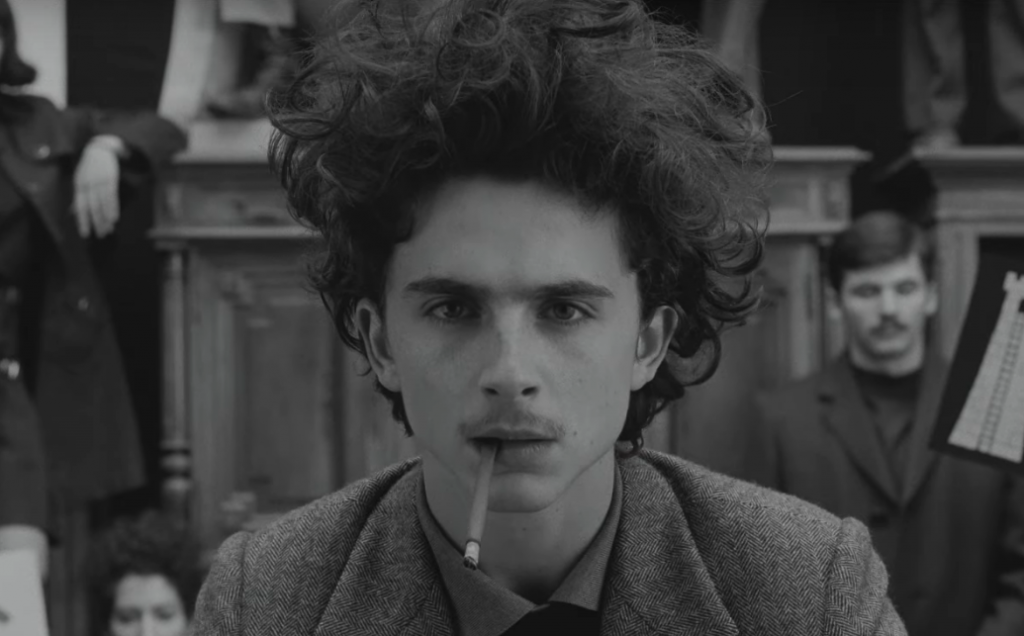
If DiCaprio’s boyish good-looks were his gateway to fame, the one-two-punch of Titanic and Romeo + Juliet leading him to be on almost every girl and gay boy’s mind in the 1990s, he no longer has that vibe. In 2021 he is, perhaps, closer to an older idea of masculinity, especially if one is to analyse his apparent penchant for younger women, his life lived on yachts in sunny locales, and his choice of roles that retain his image as the classic heterosexual leading man. While Chalamet’s role in Dune may push similar buttons as something DiCaprio might have played in his youth, his political activist in The French Dispatch is far from it.
In looking for this straight male linage—one that has been thrust upon Styles too—the idea of a modern movie star is difficult to comprehend in relation to the “modern man”. Chalamet, to my mind, doesn’t fit in the mould of DiCaprio but, instead, feels closer perhaps to Anthony Perkins, both in body type and in the air of sensitivity that he could portray. He, too, feels closer to the quiet brooding of Montgomery Clift, whose tender presence in films like From Here to Eternity mirrors Chalamet’s in, say, Call Me By Your Name or Lady Bird. In this respect, there is a sense of James Dean, too, with Chalamet often embodying an emotional teen looking to be understood. What connects these men beyond a particular type of style is their queerness. Perkins and Clift were both gay men while Dean, it is often rumoured, was bisexual. It seems that drawing these lines has the effect of making stars like Chalamet and Styles make more sense within the Hollywood system, that their version of stardom is not wholly new but built upon older Hollywood stars, whose queerness was hidden. That is not to suggest that either Chalamet or Styles are hiding queerness, although it is entirely possible.
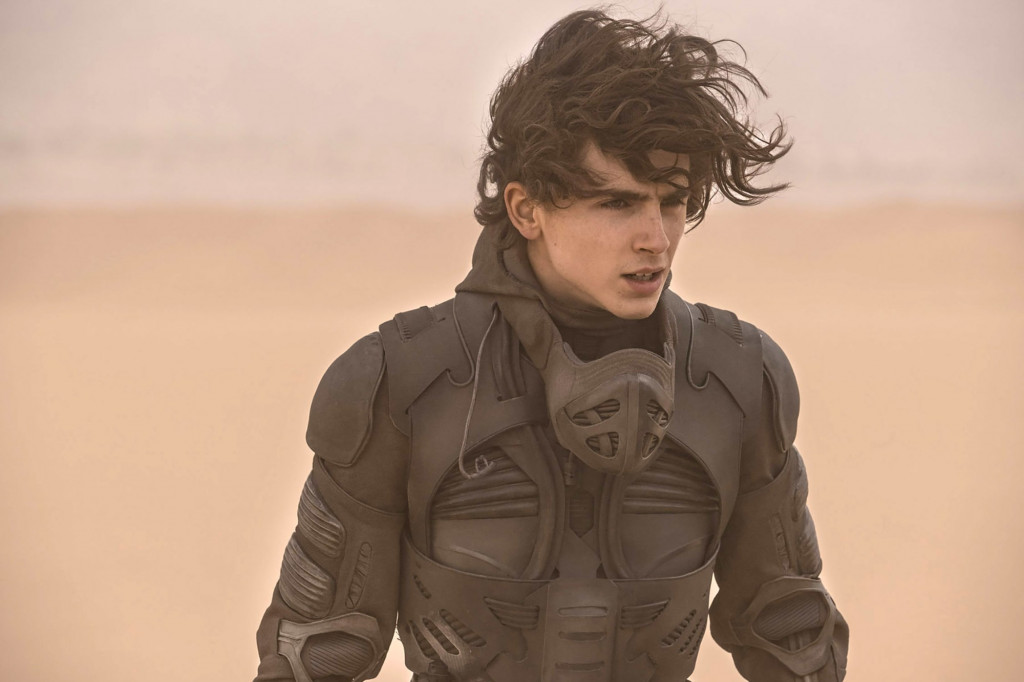
I AM FAR MORE INTERESTED IN A LEFTIST AND QUEER CRITIQUE OF THE “MODERN MAN” than I am in anything right-wing pundits might want to say. Those arguments are hollow and only work to uphold long-standing power dynamics that rely on the diminishment of freedom. Yet the queer and leftist arguments are more complex to unpick and are fascinating when they run close to conservative lines, albeit from a different direction.
Take, for example, Porter’s discussion of casting during the 2019 Drama Actor’s Roundtable for The Hollywood Reporter. “If ‘flamboyantly…’ wasn’t in the description of the character, no one would see me, ever. For anything,” he said. “Which wouldn’t be so enraging if it went the other way,” he continued, “because straight men, playing gay, everyone wants to give them an award” as if to say, “Thank you for gracing us with your straight presence.” This is a valid argument (one I have made before), one that feels even deeper when, as Porter puts it, you are a person of colour and a “queen”. Gay men, especially gay men of colour, rarely get leading roles in major movies and never get straight parts if they’re openly gay. When you open that out to lesbians, trans, and non-binary folk, the numbers get worse still.
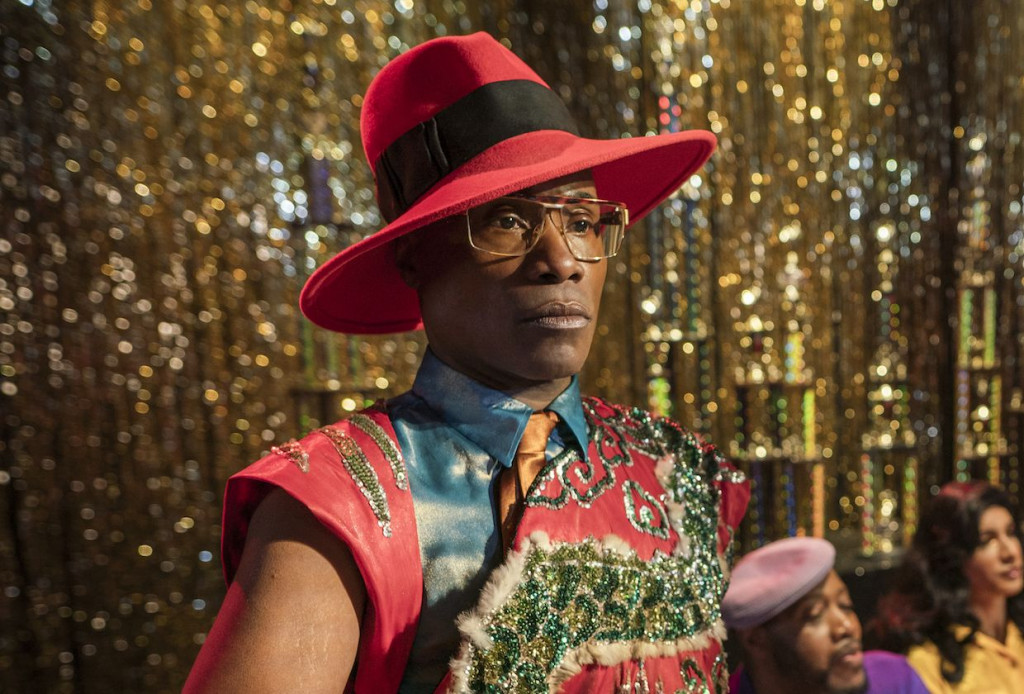
What made this moment even juicer, at least in the eyes of Twitter, was that he said this in front of Hugh Grant and Richard Madden, two actors who had recently played gay in A Very English Scandal and Rocketman, respectively. In fact, during the short video clip, the camera cuts to Madden looking oddly uncomfortable as if the editor wants to suggest it is him Porter is addressing. In response, some drew attention to rumours of Madden’s sexuality, which has seen him linked with actress Ellie Bamber as well as actors Brandon Flynn and Froy Gutierrez. What followed, then, was a discussion about disclosure of sexuality, the right to privacy, and if sexuality can ever be private. Madden, in 2019, told The New York Times he would not discuss his sexuality or personal life, but, culturally, it raised questions about the regard sexuality is given during these types of discussions. This idea recurred recently with The Morning Show actress Julianne Margulies saying that those debating her role as a lesbian season two of the Apple TV+ series are “making assumptions” in presuming her casting adds to the debate of straight actors playing gay.
In all this sits the complexity of the “modern man”. Not the one GQ wants you to be, but the one people have been asking for when they talk about ending “toxic masculinity”. That buzz phrase, which has slithered through the past decade to the point it has become almost entirely meaningless, is what fans of Chalamet or Styles claim they are putting an end to. However, this often means crossing into what has often been considered a queer aesthetic, one that exists beyond rigid gender binaries. This, perhaps rightly so, makes some queer people feel uncomfortable, that they might question their intentions. After all, the “metrosexual”, which has included the likes of David Beckham, Cristiano Ronaldo, and Zac Efron as its symbols, was a capitalist co-opting of queerness to make it palatable, and more importantly, sellable, to the straight male consumer. It is not, then, unjust for queer folks wanting those who engage with a queer aesthetic to have some connection to it beyond the superficial. In short, it is not an irrational fear. Yet it seems prudent that queerness often positions itself as something that breaks down barriers and binaries, something that, in theory, would liberate straight folks from oppressive gender regimes too. In practice, though, as “straight” men break free from a personality defined by Lynx Africa and bootcut jeans and into something akin to visual queerness, it is met with hostility or mocking.
Next year, Styles will appear in Don’t Worry Darling and My Policemen, the latter a film in which he plays a gay man in the 1950s. He, too, if rumours are to be believed, has on the horizon a relatively significant role in the MCU (his first appearance is in the end credits scene for The Eternals, which coincidentally also stars Madden, though just how he will fit into the franchise’s future is unclear). As for Chalamet, up next for him is Wonka, a musical exploring the campy chocolatier’s origins, Dune Part II, and a supporting role opposite his supposed predecessor DiCaprio in Netflix’s Don’t Look Up. It would seem that, as the profiles of these two actors grow and more like them begin to spring up, we can expect more discussion of what a “modern man” truly is. I am not sure, however, that we are entirely ready for it.
Also Read: How The “War On Terror” Changed Hollywood


